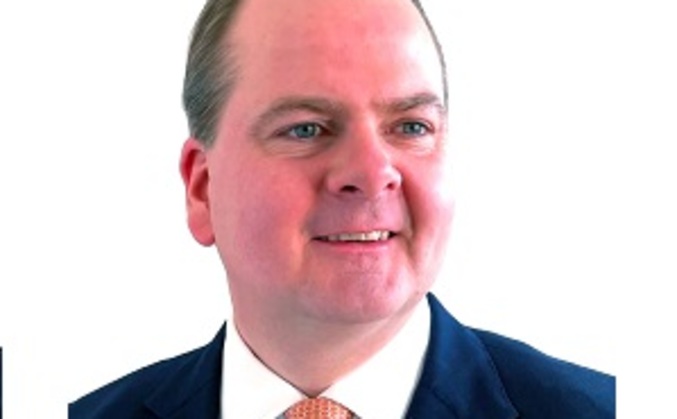
Can you give a brief overview of your strategy in terms of what you are trying to achieve for investors, your investment process and the make-up of the investment team?
Investors are seeking attractive returns from global equities. They are also increasingly conscious of their environmental and social responsibilities. We aim to offer investors superior returns by investing in dividend growth companies with proven sustainability credentials.
We exclude investments in companies that derive more than 10% of revenues from the production or sale of tobacco, alcohol, weapons, adult entertainment, fossil fuel extraction and the provision of gambling services. We then use our universe management tool to focus on companies with attractive dividend growth and strong sustainability credentials. The first part of our fundamental company analysis is sustainability analysis where we use our proprietary sustainability scorecard. If a company scores negatively here we will not proceed. Further analysis encompasses various components including industry analysis to understand the structural growth opportunities, balance sheet analysis, accounting analysis and dividend analysis. Our dividend analysis includes stress testing to identify companies that cannot afford their dividends. Our valuation analysis uses a blend of cash flow and multiple analysis to determine our best estimate of a company's fair value.
Portfolio construction is focused on understanding intended and unintended biases. Stocks are given conviction scores based on our fundamental research. In addition, we use style and factor analytics as well as liquidity analysis to determine position size. Our risk team provide us with regular risk reports, and we have quarterly risk reviews.
The investment team is made of up two fund managers and an analyst. The two fund managers both have over two decades experience of fund management and over a decade's experience each of global income investing with an increasing focus on sustainability.
How are you positioning your portfolio for 2022 and what will be key issues for investors?
The core of the portfolio offers a style blend with a tilt towards value and dividend yield. This feels appropriate, as macroeconomic policy has shifted to one of co-ordinated central bank monetary and fiscal tightening required to fight the biggest spikes seen in inflation in the West in over 30 years. This has brought an abrupt end to the established market leadership of growth stocks, as higher interest rates used to discount future cash flows results in lower equity valuations.
Companies providing dividend growth, supported by secure cash flow generation, are ideally suited to this backdrop, particularly as they currently offer lower valuations versus their counterparts providing higher but more questionable growth. Strong sustainability credentials, cost control and pricing power, will be key attributes required for corporates to succeed in this new phase of the business cycle. Also, set against this more volatile era, dividend delivery will become an increasingly important proportion of the overall equity return available to investors.
Investors should be focused on the policy tightrope central bankers are currently having to walk, as the risks of error and associated effects on the economy are building. Now that inflation is perceived to be structural, it could lead western central banks to become too hawkish too quickly, thereby choking off economic growth and stifling corporate earnings.
Can you identify a couple of key investment opportunities for your fund you are playing at the moment in the portfolio? This could be at a stock, sector or thematic level.
The sustainability agenda is providing us with strong structural growth opportunities. Two of the biggest sources of greenhouse gas emissions are buildings and agriculture. Companies that provide solutions to reducing these emissions should enjoy strong growth over the coming years.
Commercial and residential buildings account for around 13% of greenhouse gas emissions. Part of the solution to this problem is lower impact and more efficient heating and cooling equipment. This can be used in both new building and for retrofit in older buildings. Another solution is smart building systems that use technology to make the heating and cooling of building more efficient. Trane Technologies is a global leader in the heating, ventilation and air conditioning sector and is at the forefront of technological innovation in climate solutions.
Agriculture is also a large source of greenhouse gas emissions with the methane produced by cows a particular issue. DSM, the Dutch nutrition company, is helping alleviate this problem. DSM animal feed supplements help improve the efficiency of production reducing the pressure of livestock on limited land resources. The company have also invented a feed additive that minimizes the methane production of cows.












